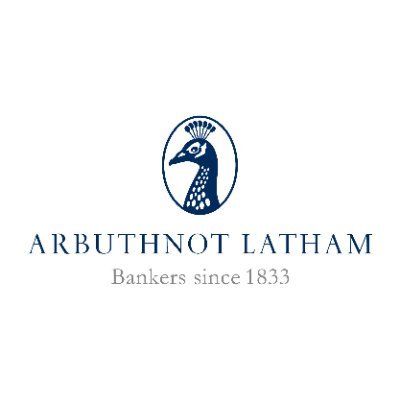Europe is stepping back into the investment spotlight. February’s market performance marked a clear reversal of last year’s trend, and investors are watching closely as geopolitical shifts, fiscal moves, and economic policy changes open new potential for European equities.
European equities outshone their US counterparts in February, with the STOXX 600 index outperforming the S&P 500 by around 7% in USD terms. This stands in sharp contrast to the previous year, when US markets outpaced Europe by a wide 23% margin. Investor sentiment in Europe has been bolstered not only by relative valuation appeal but also by improving political clarity and macroeconomic developments.
Germany’s recent elections have added to the optimism, with expectations coalescing around a centre-right coalition between the CDU/CSU and SPD. While this alignment supports policy continuity and pro-growth agendas, the presence of a blocking minority made up of the far-right AfD and left-wing Linke parties introduces a degree of legislative friction that may limit sweeping reforms.
A major inflection point lies in the evolving Russia-Ukraine dynamic. A ceasefire with meaningful guarantees could spark a new leg of European outperformance. Such an outcome would likely ease gas prices and boost the outlook for industrials and materials, sectors poised to benefit from both energy relief and the longer-term reconstruction of Ukraine. While this rebuilding effort is expected to materially lift European GDP, investors should temper expectations, as substantial economic gains are unlikely before 2026.
Despite the strong showing of European assets, structural risks remain. The possibility of renewed Trump-era tariffs on European goods and the persistent earnings growth gap in favour of US companies could challenge Europe’s recent momentum. These risks warrant a selective approach when re-evaluating regional exposure.
At the same time, a broader reassessment of defence budgets is under way. In response to heightened security needs, European nations are considering increasing military spending from 2% to as much as 3% of GDP. For heavily indebted countries in Southern Europe, funding such increases individually could lead to rising deficits and upward pressure on bond yields.
However, a coordinated EU-level funding strategy may provide a more balanced path. Options include deploying a recovery fund dedicated to defence or reallocating unused Covid-era support. Past EU bond issuances have shown resilience in markets, offering stability and shielding member states from adverse credit events or rating pressures.
Germany is already moving in this direction. Policymakers recently agreed to a EUR 500bn off-budget infrastructure initiative and lifted state-level structural deficit allowances. Defence spending will be excluded from traditional debt brake constraints. These decisions have pushed European bond yields higher and strengthened the euro, with Germany’s industrial sector showing a notably positive reaction.
While defence outlays may not yield immediate economic benefits—given a large portion is spent externally—long-term infrastructure investments are set to deliver a stronger economic impulse, with visible effects likely from 2026. A key signal to monitor will be whether these policies succeed in reviving German consumer confidence, which would add further momentum to domestic demand.
European markets remain at a pivotal juncture. A credible peace deal in Eastern Europe could act as a major catalyst, giving global investors compelling reasons to revisit allocations to European equities and positioning the region for sustained outperformance.
Arbuthnot Banking Group PLC (LON:ARBB), trading as Arbuthnot Latham, provides private and commercial banking products and services in the United Kingdom. Founded in 1833, Arbuthnot Banking is based in London, United Kingdom.


